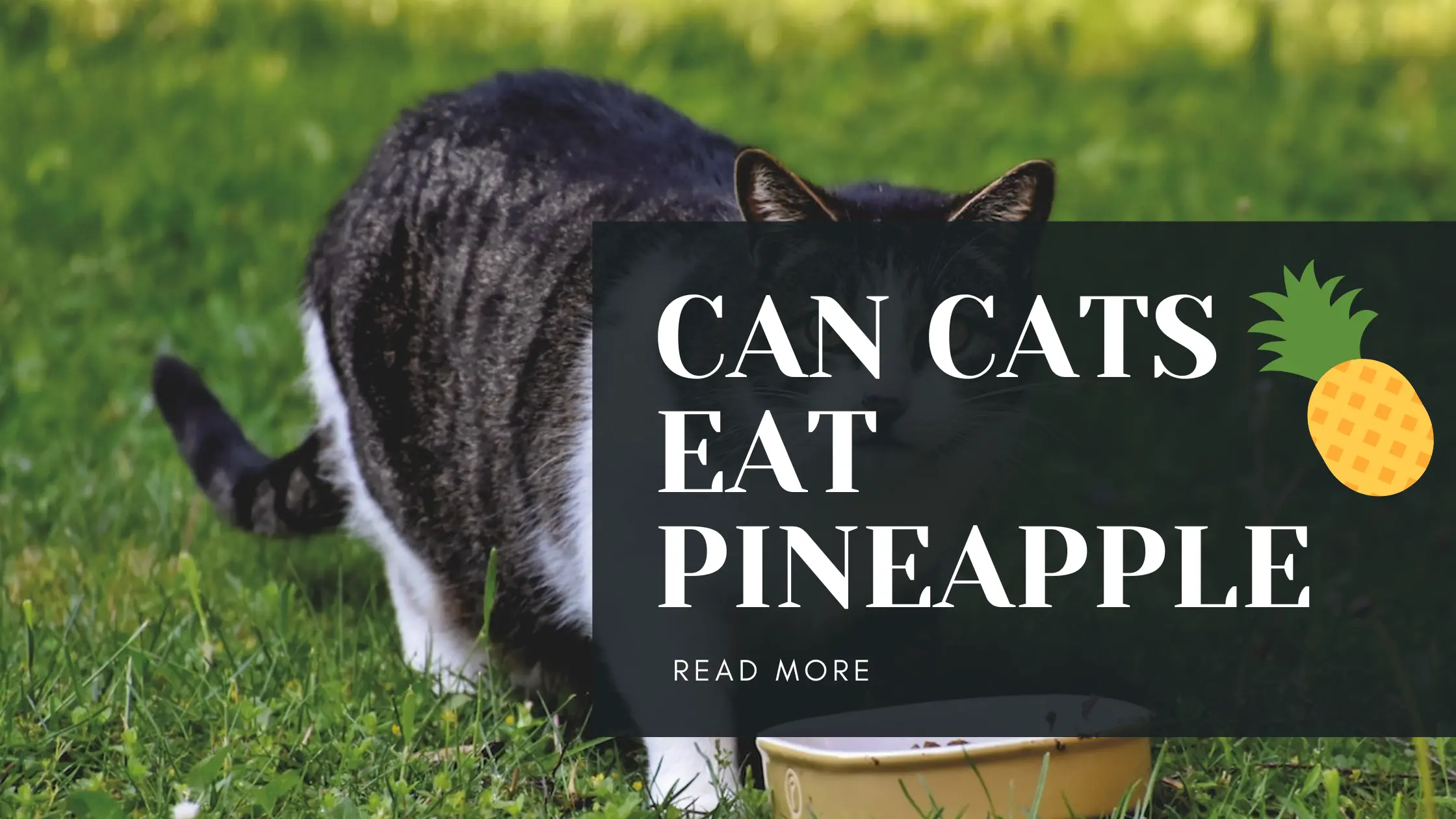Cats are curious creatures known for their discerning taste buds. As a cat owner, you may find yourself wondering about various human foods and their suitability for feline consumption. One such food that often sparks curiosity is pineapple.
This tropical fruit is loved by many, but can it be safely shared with our feline companions? In this article, we will delve into the topic of cats and pineapple, exploring its nutritional value, potential benefits, risks, precautions, and how to introduce it to your cat.
Introduction
Introducing new foods into your cat’s diet can be a delicate matter. While some human foods are safe for feline consumption, others can be harmful or even toxic. Pineapple is a fruit renowned for its delicious taste and numerous health benefits for humans, but is it suitable for cats as well? Let’s find out.
Nutritional Value of Pineapple for Cats
Pineapple is a rich source of essential vitamins and minerals. It contains significant amounts of vitamin C, vitamin B6, thiamine, riboflavin, manganese, and dietary fiber. However, it’s important to note that cats have different nutritional requirements than humans. Their bodies are designed to thrive on a diet primarily composed of animal-based protein. While pineapple does offer some nutrients, it should not be considered a staple food for cats.
Potential Benefits of Pineapple for Cats
Although pineapple is not a necessary component of a cat’s diet, it may offer some potential benefits when given in moderation. The presence of vitamin C in pineapple can support the immune system and contribute to overall health. Additionally, the enzyme bromelain found in pineapple has been linked to digestive benefits in humans. However, the same benefits cannot be assumed for cats, as their digestive systems differ significantly from ours.
Risks and Precautions of Feeding Pineapple to Cats
Feeding pineapple to your cat should be done with caution. Cats have specific dietary requirements, and introducing unfamiliar foods can lead to digestive upset or other health issues. One crucial consideration is the high sugar content of pineapple. Cats are obligate carnivores and have a limited ability to process sugars, making them prone to obesity and diabetes. Excessive consumption of pineapple can lead to weight gain and other complications.
Furthermore, pineapple contains an enzyme called bromelain, which can cause gastrointestinal upset in some cats. Symptoms may include vomiting, diarrhea, or stomach discomfort. It’s important to observe your cat closely for any adverse reactions after introducing pineapple into their diet.
How to Introduce Pineapple to Your Cat
If you decide to introduce pineapple to your cat, it’s essential to do so gradually and in small amounts. Start by offering a tiny piece of fresh pineapple as a treat and observe your cat’s reaction. If there are no adverse effects, you can slowly increase the portion size over time. However, if your cat shows any signs of digestive distress or discomfort, it’s best to discontinue feeding pineapple immediately.
Alternatives to Pineapple for Cats
If you’re looking to diversify your cat’s diet with fruits, there are safer alternatives to pineapple. Cats generally enjoy small portions of fruits such as blueberries, watermelon, and cantaloupe. These fruits offer various vitamins and minerals while being lower in sugar compared to pineapple. Always remember to consult with your veterinarian before introducing any new foods to your cat’s diet.
Conclusion
In conclusion, while pineapple may have some potential benefits and nutritional value, it is not a necessary part of a cat’s diet. Cats have specific dietary needs, and their primary source of nutrition should come from high-quality animal-based protein. If you decide to offer pineapple to your cat, do so in moderation and carefully monitor their reaction for any adverse effects. As always, consult with your veterinarian to ensure the safety and well-being of your feline companion.
FAQs
Q1: Can cats safely eat pineapple? A1: Cats can eat pineapple in small amounts, but it should not be a significant part of their diet. Monitor their reaction and consult with your veterinarian.
Q2: Is pineapple toxic to cats? A2: Pineapple is not considered toxic to cats. However, excessive consumption can lead to digestive upset and other health issues.
Q3: Can cats eat pineapple skin? A3: No, pineapple skin is not safe for cats to consume. It can be difficult for them to digest and may cause blockages.
Q4: Are there any benefits to feeding cats pineapple? A4: Pineapple may offer some potential benefits due to its vitamin content. However, cats have different dietary needs, and pineapple should not replace their primary source of nutrition.
Q5: What fruits are safer alternatives to pineapple for cats? A5: Blueberries, watermelon, and cantaloupe are some safer alternatives that can be offered to cats in small portions. Always consult with your veterinarian before introducing new foods.
Read More: The Fascinating World of Animals: A Closer Look at Nature’s Wonders

